
Shared 24 October, 2025
PropTech Connect » News & Insights » News
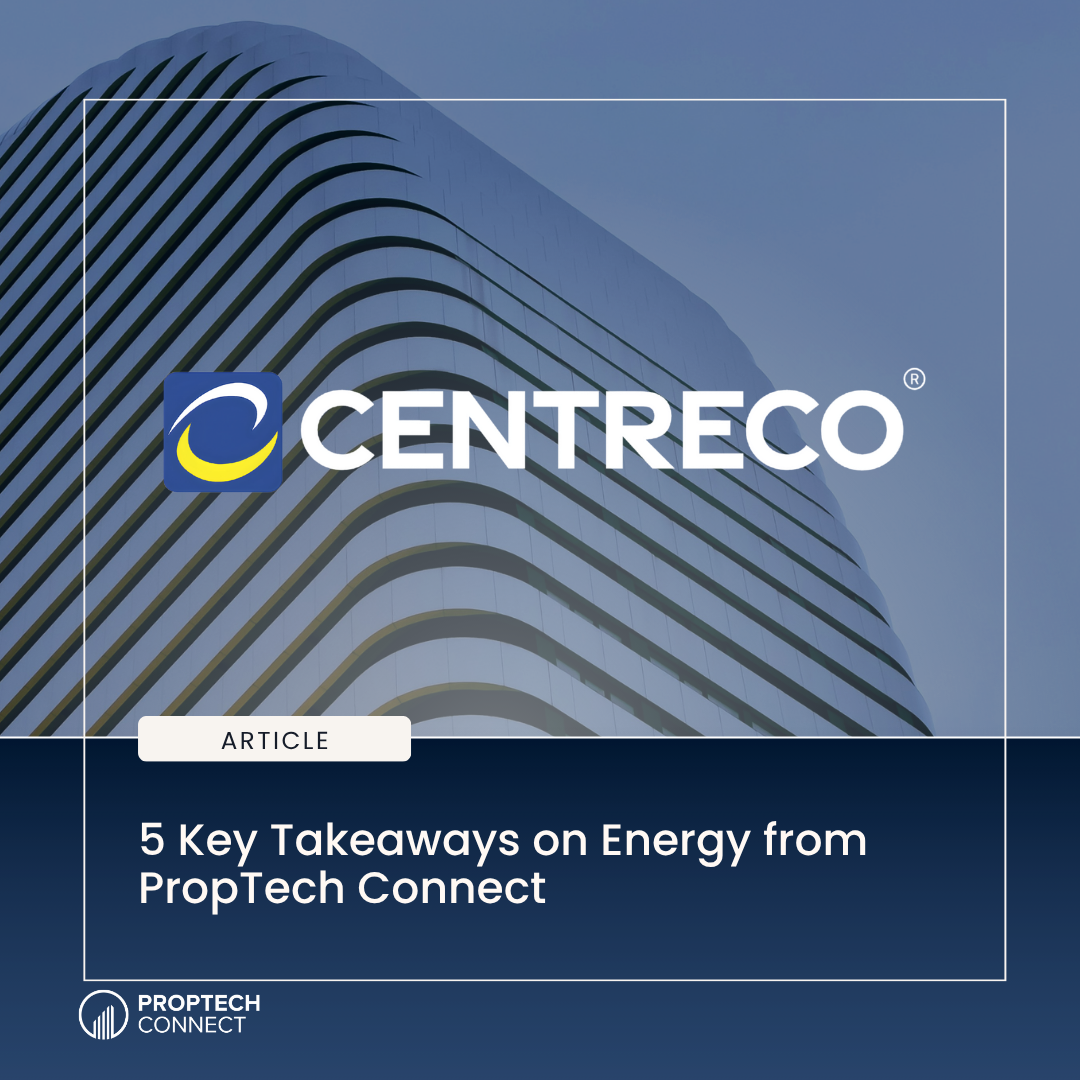
Energy management is clearly at the centre of conversation in the industry. At PropTech Connect, key insights came from David Stretch, Head of Customer Real Estate Solutions at Centreco; David Taylor, Commercial Director at DCC; Will Oliver, Finance Director at Tritax Big Box Developments; Miroslav Zanáška, Group Head of Property Management at P3 Logistic Parks; Stefano Fissolo, Senior Director of Renewables at GLP Europe; Sara Mereid, Assistant Project Engineer; and Andrew Dellow, Director at Rolton. The key takeaways were…
1. Development vs. Operational Energy Challenges
A recurring theme was the disconnect between development and long-term operations. Triple-net leases often leave tenants to bear rising energy costs, while grid connection delays disrupt projects.
As David Stretch at Centreco noted:
“It’s not about volume for the sake of it, but about quality engagements that drive collaboration. In both the UK and international I&C space, we’re seeing real momentum around a joined-up approach to renewables.”
The industry consensus is clear: strategies that bridge development and operational energy use will generate lasting value.
2. Jurisdictional Differences in Energy Strategy
The UK remains one of the toughest environments, with costly grid access and no downside protection for exported energy. Meanwhile, Germany, France, and the Netherlands benefit from government-backed floor pricing, and Eastern Europe offers landlords more control via local distribution networks.
Andrew Dellow of Rolton Group emphasised in the fireside chat:
“Embedding energy strategy from the earliest stages of development not only delivers immediate efficiencies, but also establishes a strong foundation for the seamless integration of emerging technologies.”
3. Solar PV & Battery Integration
The debate has shifted from “how much PV can fit on the roof” to “how can solar and storage align with tenant demand and investor expectations.” Concerns remain over asset valuation and resale, but investors now see PV-ready roofs as essential.
David Taylor of DCC reinforced the bigger picture:
“Adopting smart energy strategies and digital tools isn’t just about compliance or cost savings – it’s about future-proofing industrial assets, enhancing resilience, and creating long-term value.”
4. Data, Metering & Platforms
Smart metering and open BMS protocols were seen as transformative, but tenant resistance and platform fragmentation remain barriers. Without integrated data, landlords struggle to act decisively.
One panel participant captured the urgency:
“If you don’t do all five things – hardware, comms, software, training, and analytics — you might as well burn your money in the car park.”
This aligns with Centreco’s focus on enabling collaboration across stakeholders to generate smarter outcomes.
5. ROI, Funding & Future-Proofing
The conversation has moved from ESG-driven decisions to ROI-driven cost reduction. As one roundtable participant put it:
“We’re seeing a shift from ESG motivation to cost reduction – 80% of decisions now driven by ROI.”
David Stretch highlighted the opportunity:
“The conversations we’re having through our WeWise network show that when you bring the right people together, the outcomes are smarter, more sustainable, and ultimately more impactful.”
Simple design choices, from EV ducting to natural rooflights, were flagged as low-cost wins that deliver long-term resilience.
Conclusion
Looking to the future, these sessions made one point undeniable: the industry is growing, but those who don’t make energy management central will be left behind.
If you are looking for solutions in solar, reach out to our partner Centreco to learn more.
Join our community of 200,000+ real estate leaders and get weekly insights and updates with our newsletter.

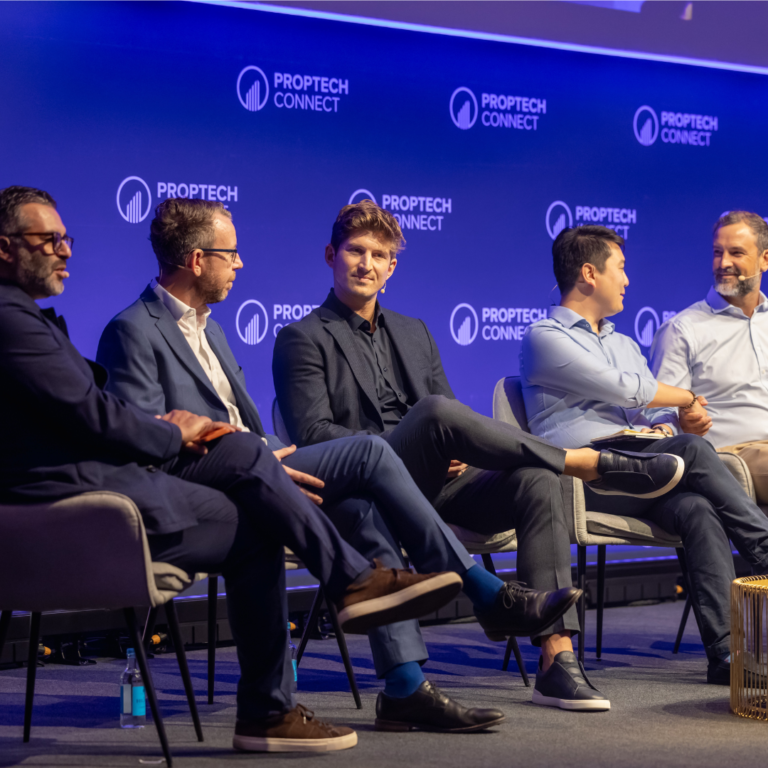

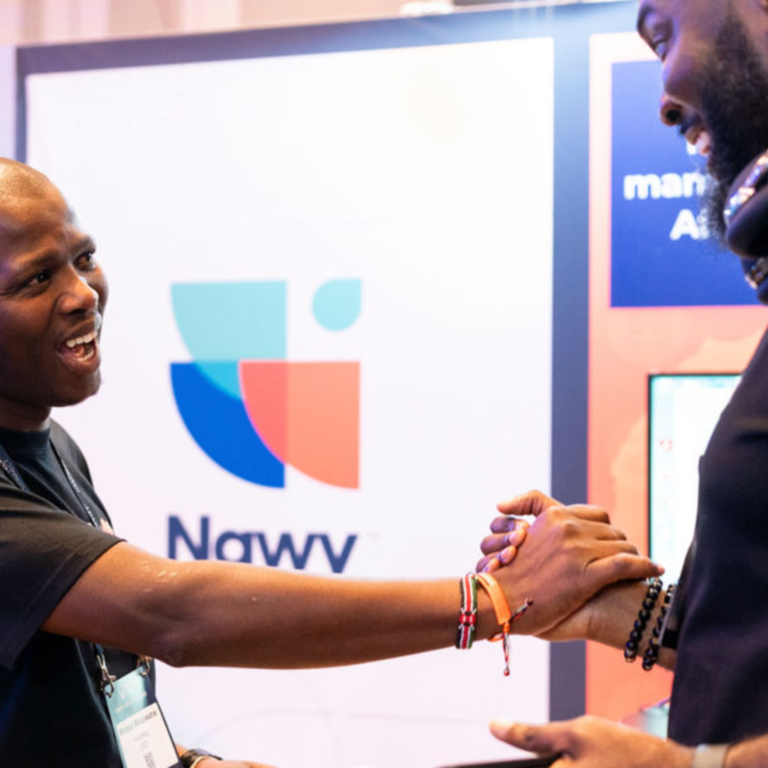
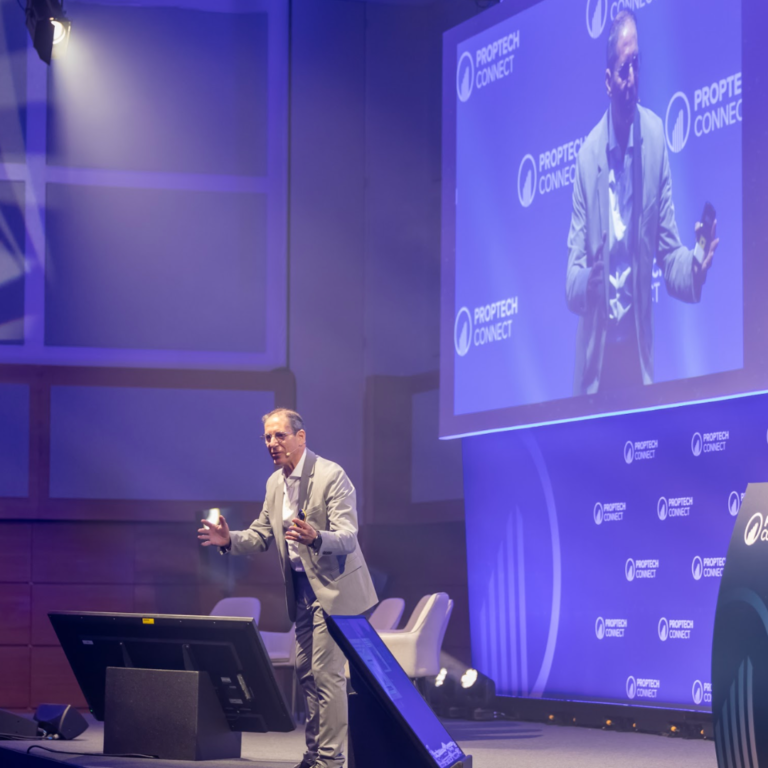
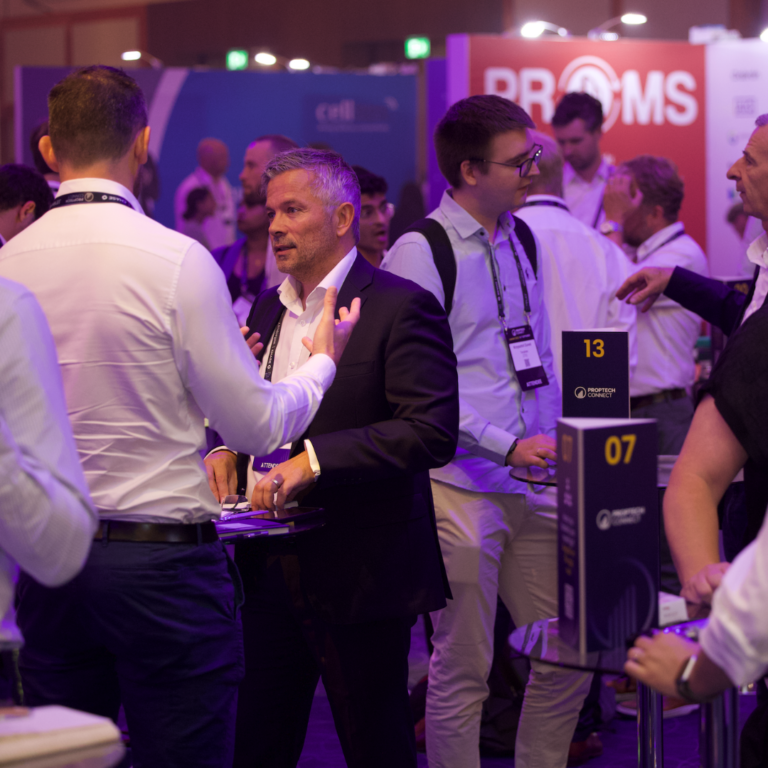



*Offer ends on Friday, 7th February.
